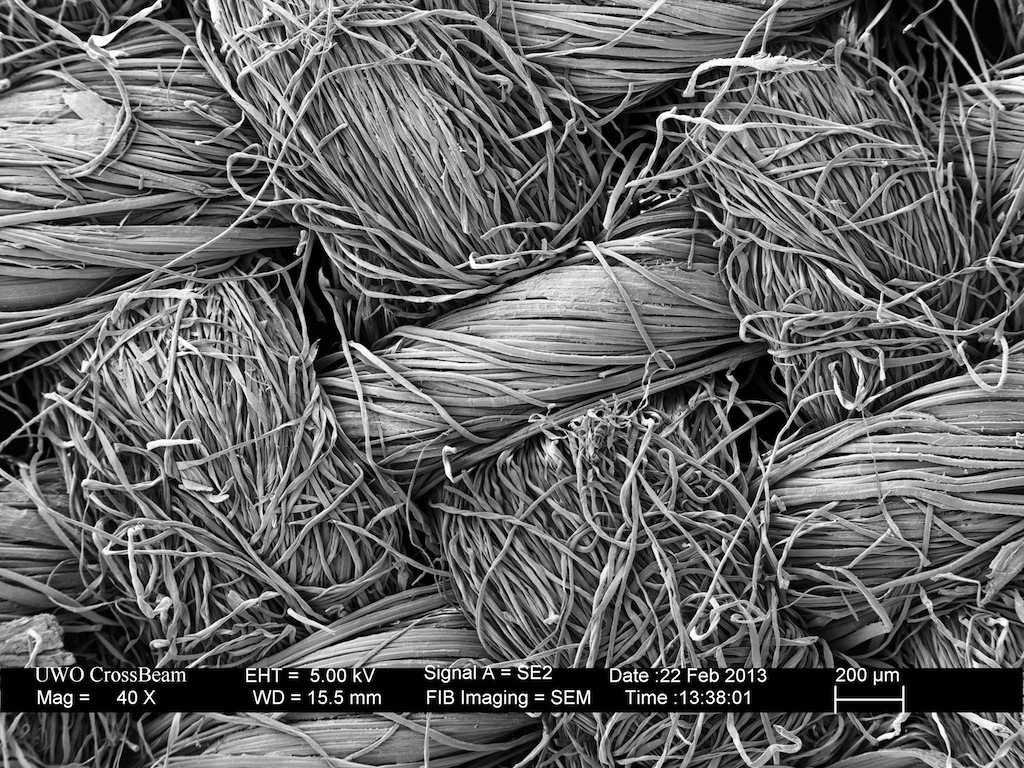Everyday Life and Public Elementary School in Brazil: A Critical Psychological Intervention Model
DOI:
https://doi.org/10.7146/ocps.v16i2.22995Abstract
Brazil has one of the highest levels of economic disparity in the world. The educational system plays a large role in this reality, acting as a mechanism of social exclusion. Neoliberalism has resulted in the commodification of education, empowering private schools while undermining the public system. This has created a vicious cycle, whereby educational inequality reflects and reinforces social inequality. Such a system violates the rights of children not lucky enough to be born into wealth – the right to equal education; to equal opportunity; and equal treatment. From within this context, we propose a model, dubbed The Eagle’s Flight, for psychological intervention in public schools. This will form an extension of our research group’s Psychosocial Assessment and Intervention – Prevention, Community and Liberation, which has been an on-going project for the past fourteen years. The intervention model advocates monitoring child development from a critical, social and historical perspective, focusing on how school and community affect everyday life. The analysis will be carried out via the daily immersion of psychologists in the public school setting, who pay attention to key aspects which include various expressions of violence, financial difficulties related to unemployment, informal employment or drug dealing, poor access to health services, and the developmental impact of factors such as poverty. Based on Paulo Freire's Emancipatory Education Proposal and Ignacio Martín-Baró’s Liberation Psychology, intervention in school and community must be an interdisciplinary procedure, employing professionals from a range of disciplines involved in the study of child development. The various subjects’ perspectives seek to provide support for everyday problems and solutions, whilst breaking down the hegemonic model of psychological practice that considers the child and family as responsible for their problems. A concrete example of this critical psychosocial intervention model is presented.
Downloads
Published
How to Cite
Issue
Section
License
From issue no. 1 2022 and onward, the journal uses the CC Attribution-NonCommercial- Share Alike 4.0 license (https://creativecommons.org/licenses/by-nc-sa/4.0/) The authors retain the copyright to their articles.
The articles published in the previous 37 issues (From Vol. 1, no. 1, 1999 to Vol. 22, No. 1, 2021, are published according to Danish Copyright legislation. This implies that readers can download, read, and link to the articles, but they cannot republish these articles. The journal retain the copyright of these articles. Authors can upload them in their institutional repositories as a part of a green open access policy.




